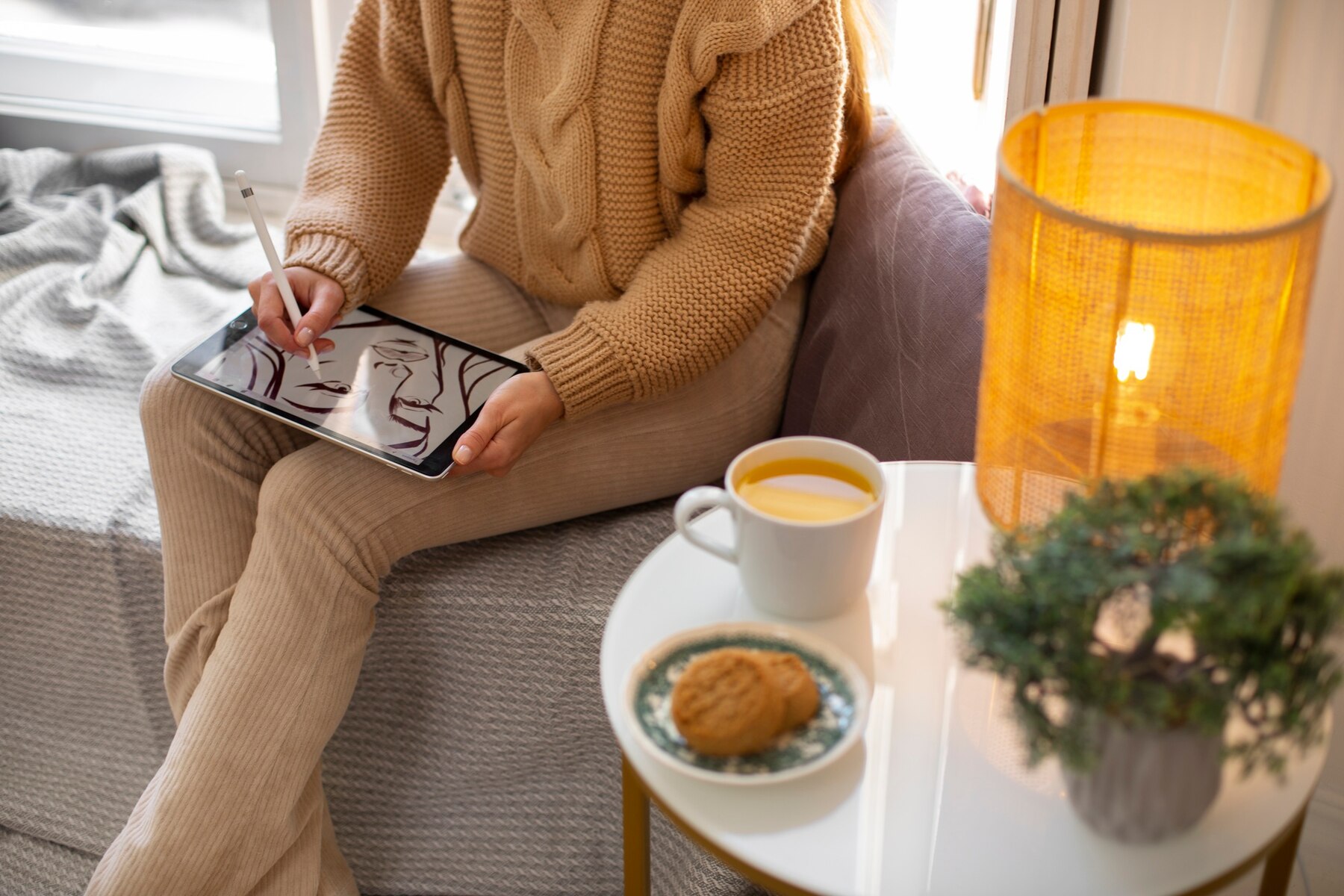Hi there!
It's all too easy to fall into the trap of a passive lifestyle—spending hours sitting at desks, glued to screens, and scrolling through social media feeds. While it may seem harmless at first glance, the reality is that passive lifestyles can take a significant toll on our mental health, contributing to a range of issues from stress and anxiety to depression and loneliness. So, let's dive into the impact of passive lifestyles on mental health and explore how we can break free from the cycle.
Sedentary behavior and its effects on mental well-being
One of the most significant consequences of passive lifestyles is the increase in sedentary behavior, which has been linked to a host of mental health issues. Spending prolonged periods sitting or lying down can lead to feelings of lethargy, low energy levels, and mood disturbances. Additionally, sedentary behavior is associated with an increased risk of anxiety and depression, as well as poor self-esteem and body image issues. By prioritizing movement and physical activity in our daily lives, we can counteract the negative effects of sedentary behavior and boost our mental well-being.
Social isolation and loneliness
Passive lifestyles often go hand in hand with social isolation and loneliness, as individuals spend more time alone engaging in sedentary activities and less time connecting with others in meaningful ways. Social isolation and loneliness have profound effects on mental health, contributing to feelings of sadness, emptiness, and disconnection from others. Additionally, social isolation has been linked to an increased risk of depression, anxiety, and cognitive decline. By fostering social connections, nurturing relationships, and prioritizing meaningful interactions, we can combat the negative effects of social isolation and loneliness on mental health.
Impact on sleep quality and stress levels
Passive lifestyles can also have a detrimental effect on sleep quality and stress levels, further exacerbating mental health issues. Spending excessive amounts of time in front of screens, particularly in the evening, can disrupt our natural sleep-wake cycle and interfere with the production of melatonin, the hormone that regulates sleep. Additionally, passive activities such as scrolling through social media feeds or watching TV can increase stress levels and contribute to feelings of overwhelm and anxiety. By establishing healthy sleep habits, setting boundaries around screen time, and practicing relaxation techniques, we can improve sleep quality and reduce stress levels, promoting better mental health overall.
Lack of purpose and meaning
Engaging in passive activities often leaves individuals feeling unfulfilled and lacking a sense of purpose and meaning in their lives. Spending hours passively consuming content or engaging in mindless activities can lead to feelings of emptiness, boredom, and dissatisfaction. Additionally, a lack of purpose and meaning is associated with an increased risk of depression, anxiety, and other mental health issues. By cultivating hobbies, pursuing passions, and setting meaningful goals, we can infuse our lives with purpose and meaning, fostering greater fulfillment and satisfaction.
Strategies for breaking free from passive lifestyles
Breaking free from passive lifestyles and promoting better mental health begins with small, manageable steps that prioritize movement, connection, and self-care. Incorporating regular physical activity into our daily routines, nurturing relationships and social connections, prioritizing quality sleep, and cultivating purpose and meaning in our lives are all essential components of a healthy lifestyle. By making conscious choices to prioritize our mental well-being and actively engage in activities that nourish our minds, bodies, and spirits, we can break free from the cycle of passive living and embrace a happier, healthier way of life.
Conclusion
In conclusion, the impact of passive lifestyles on mental health is significant and far-reaching, contributing to a range of issues from sedentary behavior and social isolation to poor sleep quality and lack of purpose. By recognizing the detrimental effects of passive living and taking proactive steps to prioritize movement, connection, and self-care, we can break free from the cycle of passive lifestyles and embrace a happier, healthier way of life. And with innovative solutions like KinesteX AI leading the way, the possibilities for promoting better mental health through active living are endless. So let's rise up, break free, and embrace the journey to better mental health together!


